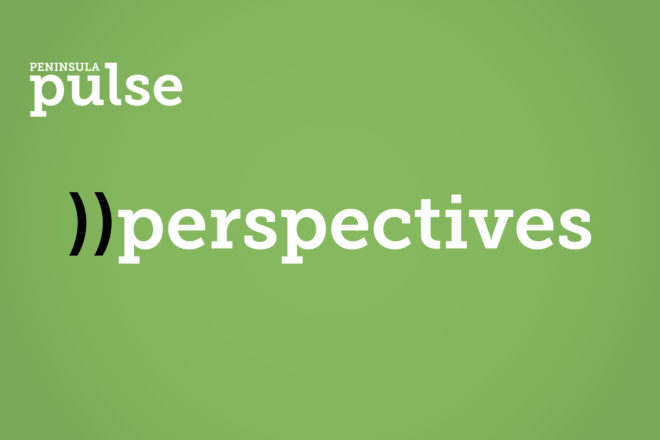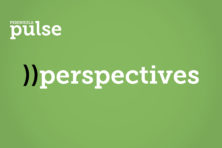Guest Column: Lessons from ‘Tobacco Road’
- Share
- Tweet
- Pin
- Share

by CHRIS WEIDENBACHER, Director, Rogue Theater
For 11 years, I have wanted to share the story of Tobacco Road by Erskine Caldwell, but I was introduced to the play version by Jack Kirkland longer ago – when I was an apprentice and observed my mentor’s production.
It proved to be frustrating for him because there are so many misconceptions, so it falls into a “do or fail” quagmire. Even then, it was disturbing to me because the characters have no morals, no religion, no family bonding and no love. Sexual needs are as relaxed as uncaring dogs in heat. These characters are examples of the lowest of humanity, yet they think there are people beneath them. I find this to be an epidemic that repeats itself if not confronted.
Tobacco Road tells the story of the Lesters, sharecroppers who live in the once-fertile tobacco and cotton fields and formerly prosperous market towns of Georgia. They have not had a crop in more than seven years. There is no money, no fuel, no seed and no food. The only hope is an escape, and even that is more fantasy than fact.
Jeeter Lester, the protagonist, fancies himself to have lived in a world of immediate gratification and no consequences. He treats his vanity like he was a success, even though he failed and started a harsh and cruel downfall. There was never anybody there – and neither would he have allowed it – to say he was wrong until it was too late. Therefore, he creates his own bubble and lives in his self-made, dogmatic environment.
Jeeter’s role as protector and provider is a failure and typical of a society that is too ignorant to listen to what comes out of its mouth. The use of the “N word” is only obvious ignorance compared to everything else.
Tobacco Road is officially listed as a comedy. I think Erskine Caldwell’s purpose was to bring awareness that denial is a slippery slope, no matter who you are. There’s nothing funny about that.
Since its first Chicago-banned performance in 1933, uncomfortable people still want to ban this play, but I see a learning side that should be kept in the public awareness via controlled environments such as museums and theaters. Being uncomfortable must be tolerated in order to confront ugly truths. Tobacco Road retains its shock value in what it tells us about the underbelly of humanity.
Personally, I can’t whitewash the past because life has taught me that it is too close to the future. I, for one, must see the past over and over, or I’m not convinced I benefit from seeing it at all. The flags of the Old South or the swastikas of more present times should not be displayed in public, but they should be on display in museums to remind and enlighten us that we can all be horrible at times and self-destruct. I won’t be around decades from now, but the play will.
Rogue Theater is presenting a play reading of Tobacco Road on March 4 and 5, 7 pm, at Margaret Lockwood Gallery, 7 S. 2nd Ave. in Sturgeon Bay.



